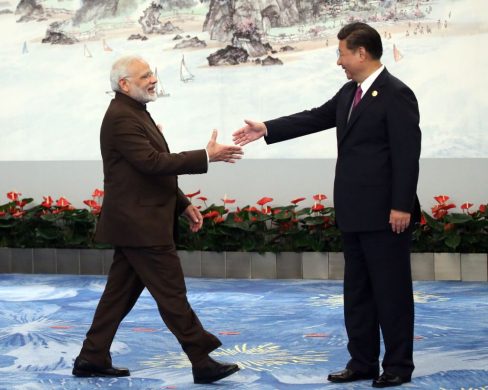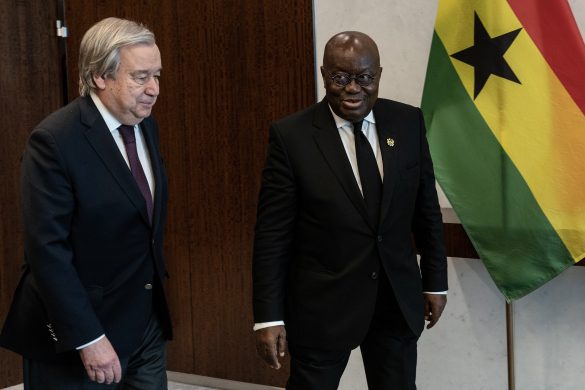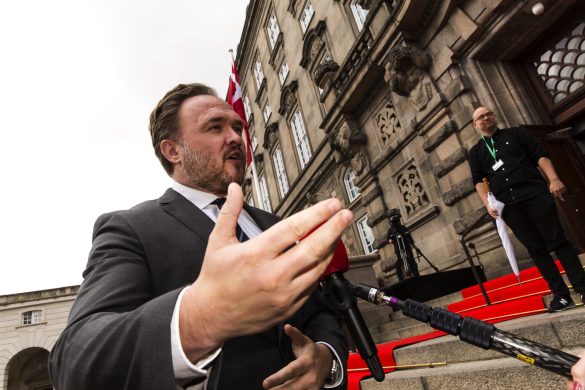Fremtidens udviklings- og humanitære arbejde i Afghanistan afhænger af afghanske nationale sikkerhedsstyrkers evne til at fastholde den skrøbelige stabilitet. Det skal ske, mens USA og NATO-styrkerne forbereder en tilbagetrækning fra juli, siger hjælpeorganisationer tirsdag til IRIN.
“If the national security forces that are left behind in 2014 are unable to provide for the security of the population, and the indications at the moment are that this will indeed be the case, then we can expect that they’ll also be unable to provide the security conditions for the provision of humanitarian assistance,” Rebecca Barber, a humanitarian policy and advocacy adviser with Oxfam, told IRIN.
“This will have serious implications for the Afghan people – millions of whom are reliant upon humanitarian aid,” she added.
Afghan police and army soldiers will replace foreign forces in at least five locations in the country in July and a transition process, agreed by the Afghan government and NATO, will be complete in December 2014.
Donors plan to train more than 300.000 Afghan police and army force by October 2011 and NATO will continue paying their costs – which exceed Afghanistan’s GDP – for a long period.
Violations could escalate
But US/NATO forces, who train Afgan security groups, are not doing enough to prevent abuses and have been “too slow” in addressing the issue before the transition, two NGOs and two INGOs said in a report issued on 10 May.
“Unless better checks and balances are put in place and training urgently stepped up, there is a serious risk that abuses and violations by Afghan forces will escalate as they play an increasingly frontline role,” states the report, No Time to Lose.
About 2.777 civilians lost their lives to conflict in 2010, mostly at the hands of anti-government insurgents, the UN said in a report in March.
The NGOs’ report also accuses Afghan forces, particularly the controversial Afghan Local Police (ALP), of perpetuating crimes such as torture, killings and recruitment and sexual abuse of children with impunity.














